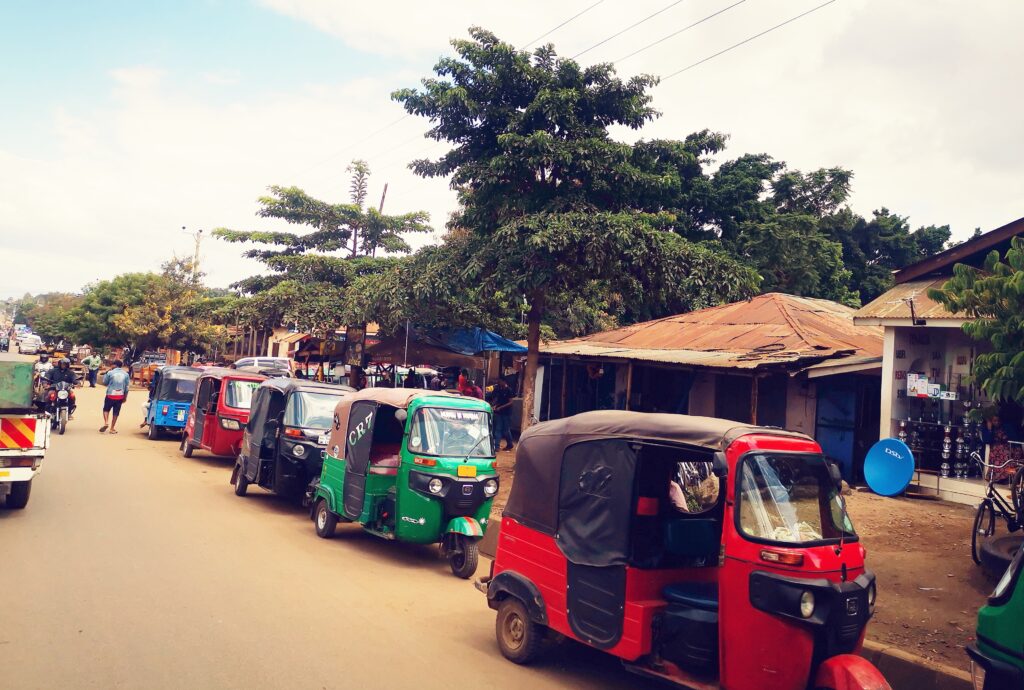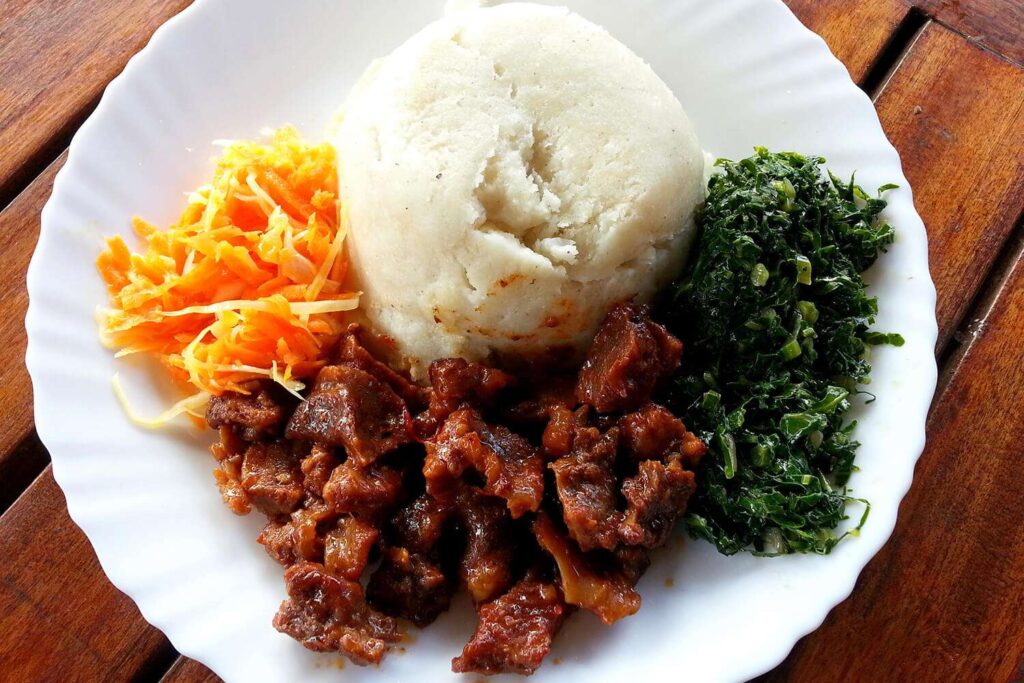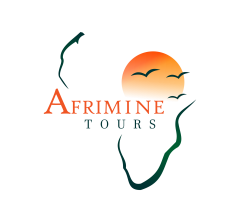
∼ Tanzania requires a piece of your heart as the price of admission and gives a piece of itself to carry in your heart forever after ∼
How to go to Tanzania?
With a smile and without too much thinking!
We have here listed some helpful informations for you:

Tanzania

Population of Tanzania
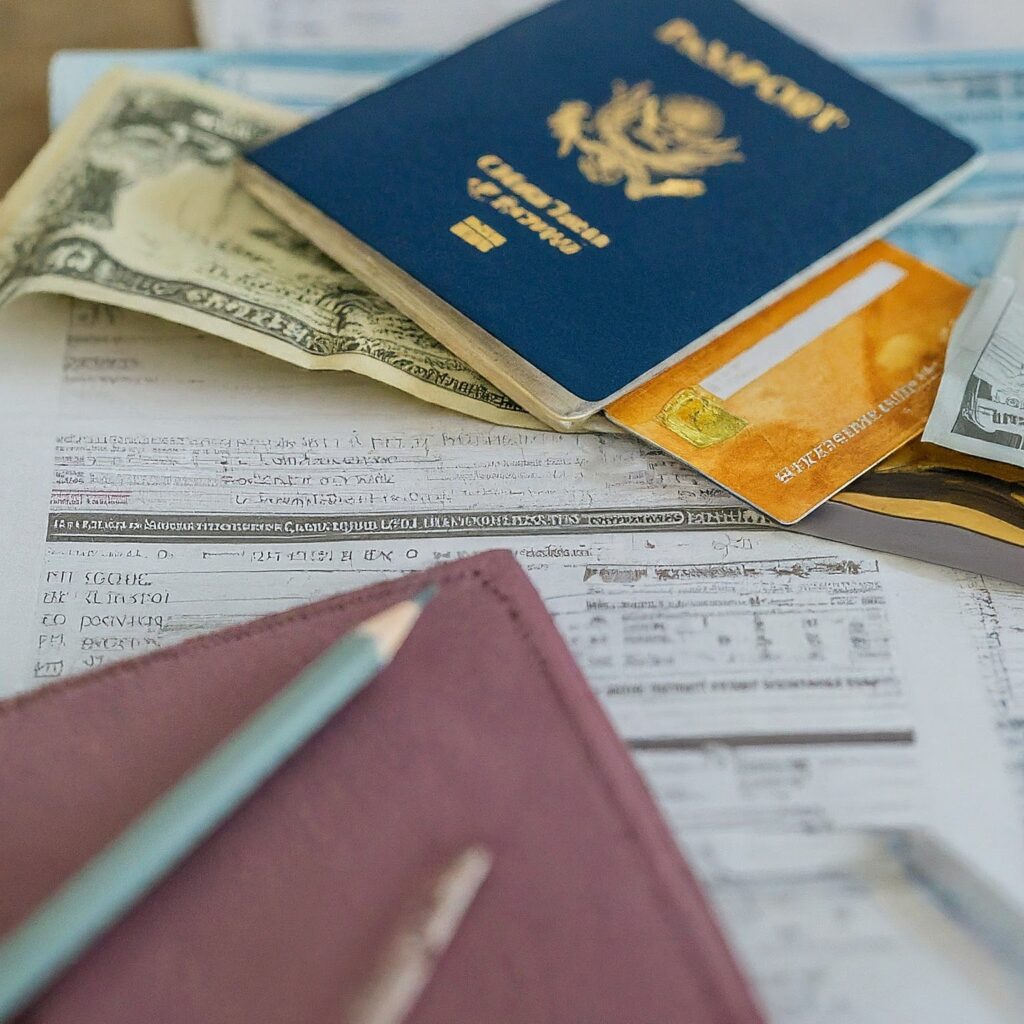
Visa for Tanzania

Vaccination
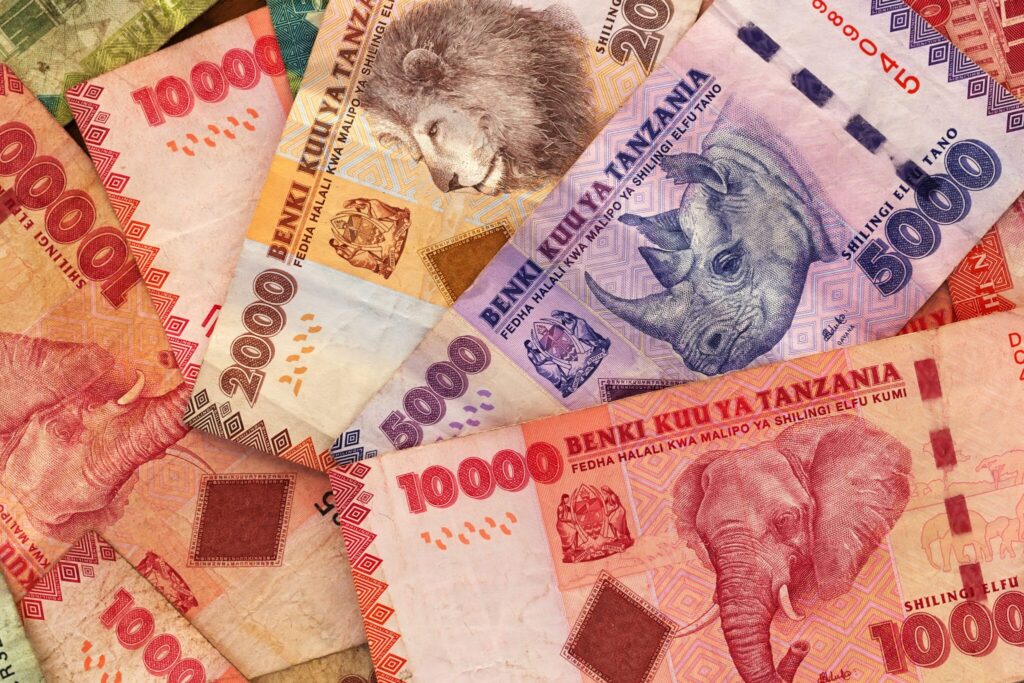
Currency
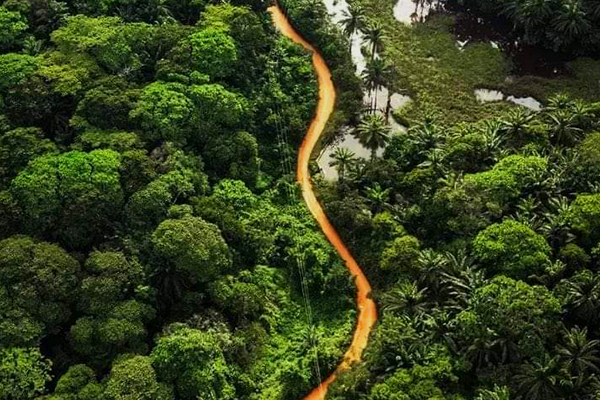
Climate
Airport in Tanzania
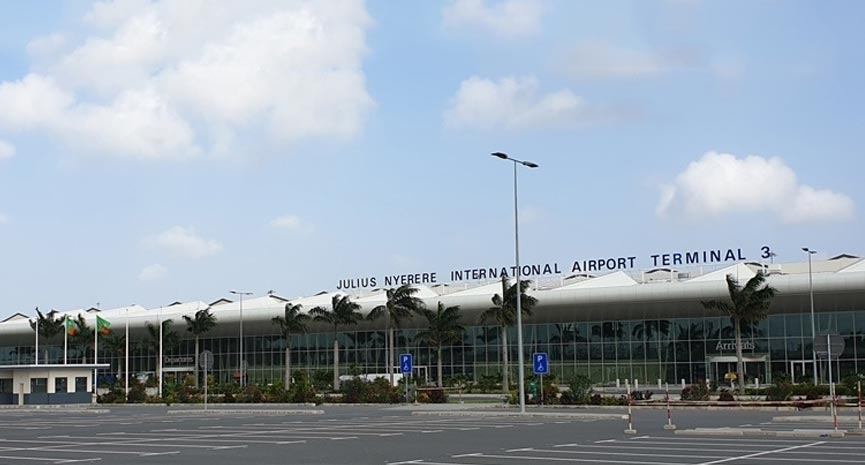
Safari Vehicles
Guided road transfers and game drives in Tanzania are conducted in closed 4x4s with big windows and pop-up roofs. Most safari destinations have extensive road networks and closed vehicles are therefore the norm when doing long-distance road transfers between airstrips, camps and lodges in Tanzania. A closed 4×4 game drive vehicle generally has three rows of seating and features a pop-up roof hatch that can be raised for game viewing and taking photographs.

Road Conditions
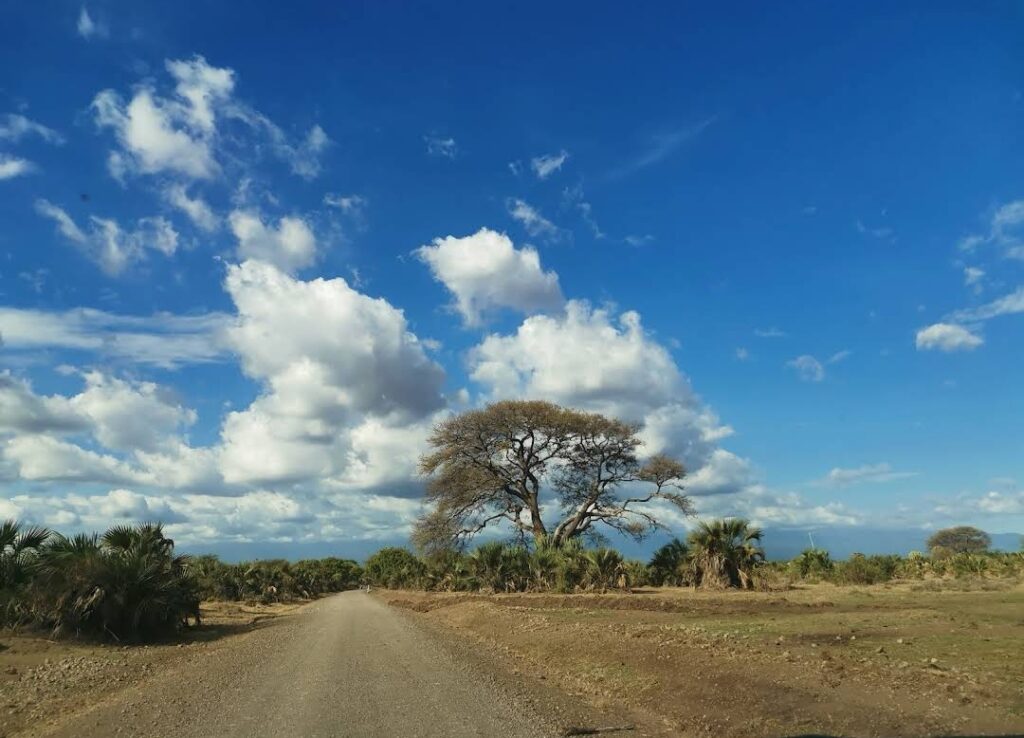
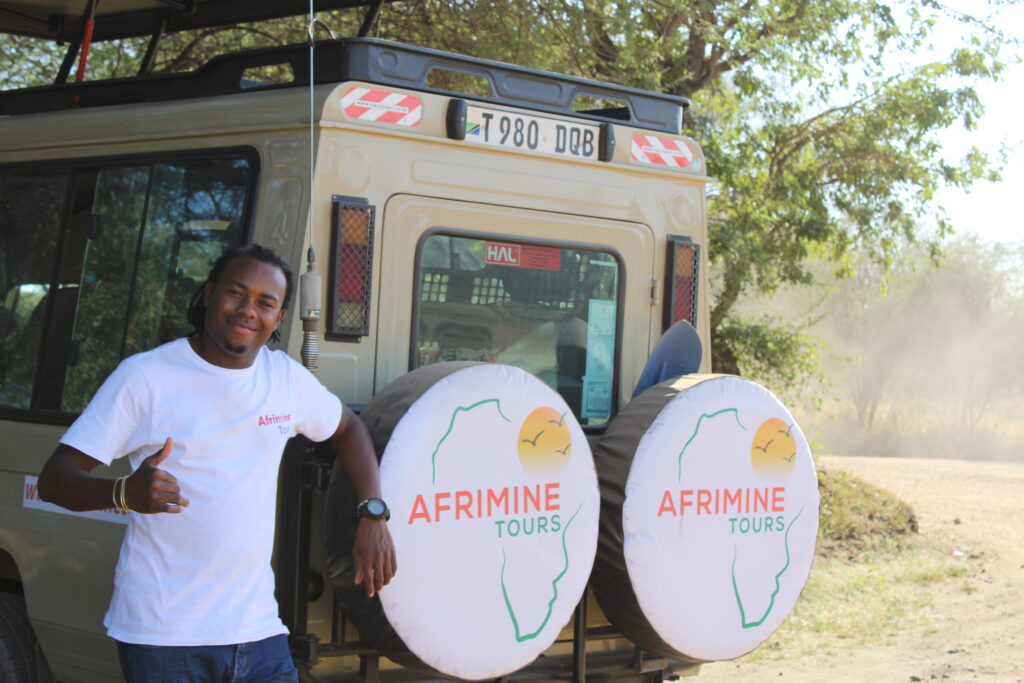
On Safari with
Afrimine Tours
- Always follow the rules and advice of your guide
- Never leave your vehicle in the bush without permission of the driver
- Be as quiet as possible when approaching animals. Do not make any large or unexpected movements and speak in a whisper, the driver will turn off the engine if you want to take a photo or stay in one place for a longer period of time
- Please collect your waste in your car and dispose of it at your lodge or campsite
- If you are bringing gifts for locals, talk to your guide first. He can help you divide them up fairly.
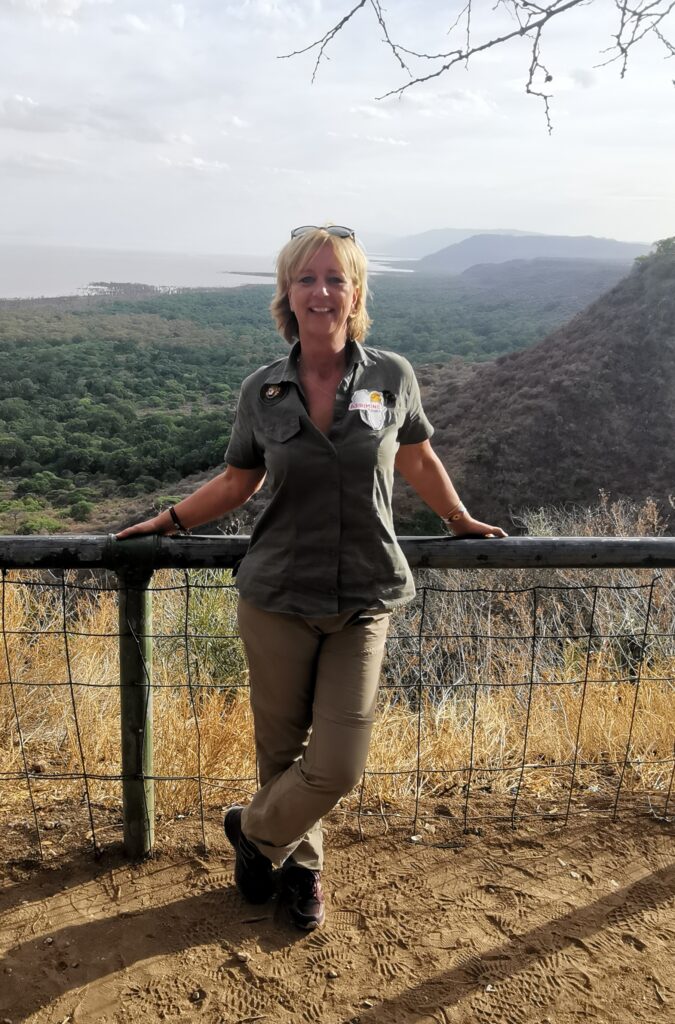
Clothing on Safari
There are no strict dress code at lodges in Tanzania. Casual clothing is common on game drives, preferably cotton and in safari colours (khaki or olive green).
We recommend that you do not wear dark colours (blue, black or red) during your safari, as these colours are more likely to attract flies and insects. Because of the mosquitoes it is advisable to wear long trousers after sunset. It is common to wear long trousers and a shirt or blouse for dinner. Also take a sweater or jacket for the early morning or cooler nights, especially for the Ngorongoro Highlands and when climbing mountains. Please remember light hiking boots should you have chosen to go on a walking safari. Some lodges have a pool, so don’t forget your swimwear! It is advisable to wear a headgear outdoors, especially during the lunch hours.
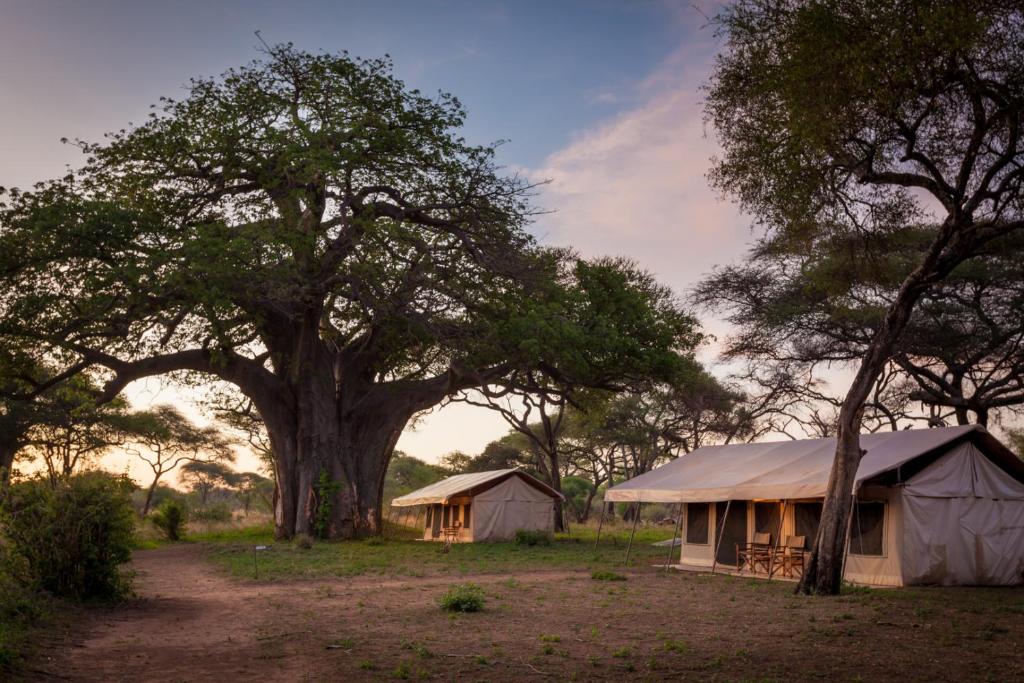
Accomodation
We’ve made it our business to research in depth the lodges and tented camps available for your safari adventure, and we only choose to work with the ones that maintain excellent guest care standards. We’re very confident in our choices and this has been supported by our guest experiences and comments. We work hard to choose the best accommodation for you from our favourite lodges and we do this on the basis of what you want. You might want a luxury experience, or to be up close to the animals, or to have a pool, or all three! Maybe you’re budget-conscious, so we’d choose somewhere that’s still wonderful but suits your budgets. We’re not all millionaires! But we do have a great range of different kinds of lodging, from private luxury tented lodges to adventure camping to mobile camping and beyond.
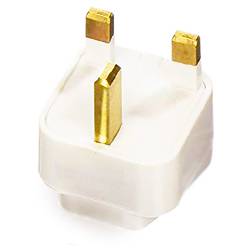
Electronic Devices
Local Tansport
